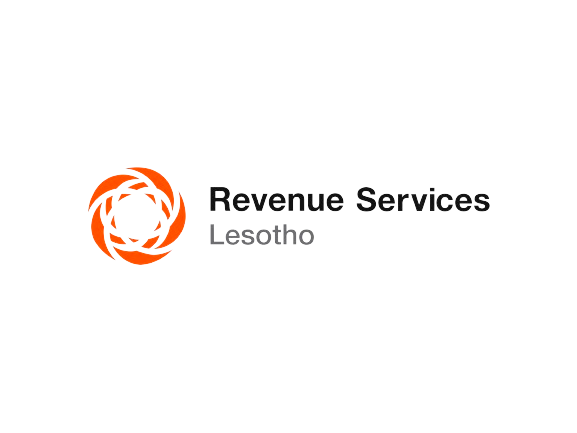Taxes are paid primarily to raise revenue for the Government. The Government finances spending on public goods and services out of money collected from taxes. Examples of public goods and services include: construction of roads, hospitals, education, health, infrastructure development etc
Every person that earns income or runs a business within the borders of Lesotho is required by law to register for tax purposes.
Every individual, trustee, partnership and company that has a business in Lesotho and has a chargeable income must register with Revenue Services Lesotho for income tax purposes.
- A person who makes taxable supply of goods/services, whose turnover exceeds or is expected to exceed the registration threshold of M850, 000.00 per annum, is obliged to register; thus registration for VAT is compulsory for such a person.
- A person may apply for voluntary registration even if the total value of taxable supplies is less than M850, 000.00 per annum. Registration in this regard may be authorised at the Commissioner General’s discretion.
The difference between VAT number and TIN (Taxpayer Identification Number) is that:
- TIN is allocated to every Client who has registered with RSL for tax purposes. It is a unique number given to each registered Client and holds all the information regarding all the tax types that a taxpayer is registered for (including VAT).
- VAT number however is only allocated to a taxpayer who is registered for VAT.
- Yes, RSL staff members pay taxes at applicable rates just like any other employees elsewhere in Lesotho.
- All taxes are collected on behalf of, and remitted to the Government of Lesotho (see FAQ 1).
Company tax is tax levied on company profits. It is calculated by taking into account all income (turnover) generated by a company and deducting business expenses that the company has incurred. Company tax is imposed at the following rates for the following categories of companies:
Manufacturing companies 10%
Commercial Farming 10%
Non – Manufacturing companies 25%
As opposed to company tax, PAYE is tax on an individual’s salary/earnings. PAYE is imposed to the individual earnings using marginal rates of 20% and 30% and the personal Tax Credit which is granted under PAYE, but it is not granted under company tax.
